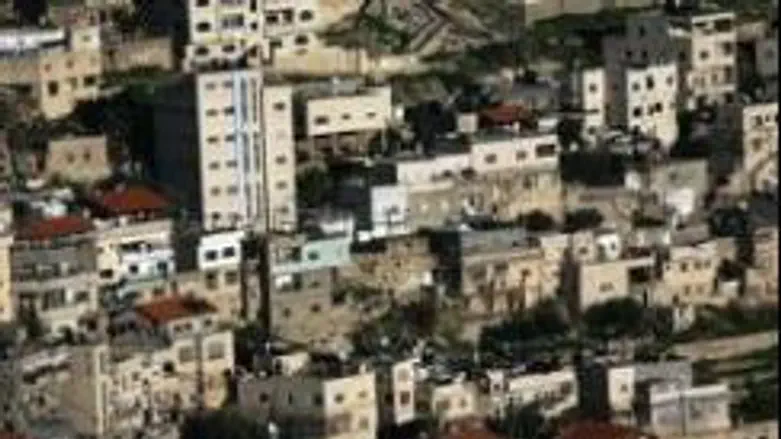
Senior Jerusalem city official Yakir Segev, who holds the city's eastern Jerusalem portfolio, said in an interview with Arutz Sheva's Hebrew-language news service that the government is often uncooperative when it comes to planned projects in the eastern part of the city.
Jerusalem Mayor Nir Barkat aims to truly unify the capital by making the neighborhoods restored to the city in the 1967 Six Day War a full part of the city, Segev said. But officials in the Finance Ministry apparently feel that there's no purpose in investing in those areas.
"We're trying to get funding for projects in the eastern part of the city, but Finance Ministry officials are holding back. There's a sense that some of them just don't care, because they think there's no point in investing in eastern Jerusalem, because we are not going to stay there in any case,” Segev explained.
The approach of waiting for the city's status to be decided in negotiations is mistaken, Segev said. “Jerusalem's political future has been on the table for fifteen years already. If you build roads [in eastern Jerusalem] you not only improve the quality of life, you also send a message that you're the sovereign power.”
The Netanyahu government's official policy is that the entire city of Jerusalem is under full Israeli sovereignty, and will remain under Israeli sovereignty. In July of last year, Netanyahu announced that Jerusalem is “not up for debate,” and that Jews are free to build in any part of the city.
On Tuesday, Netanyahu asked Barkat to delay a building project in King's Garden in the city in order to allow more time to “reach understandings” with Arabs in the area. While Jerusalem city officials plan to allow many illegally-built Arab structures in the historic King's Garden park area to remain standing, there are plans to relocated several of the buildings. The planned relocation has angered the Palestinian Authority and local Islamic groups.
Segev said the Jerusalem municipality would honor Netanyahu's request for a delay, but that the city is determined to complete the King's Garden project. The project is good for the city's Arab population as well as the Jewish population, he said, and could have been completed with cooperation from the city's Arab residents if extremist Islamic groups had not intervened.
